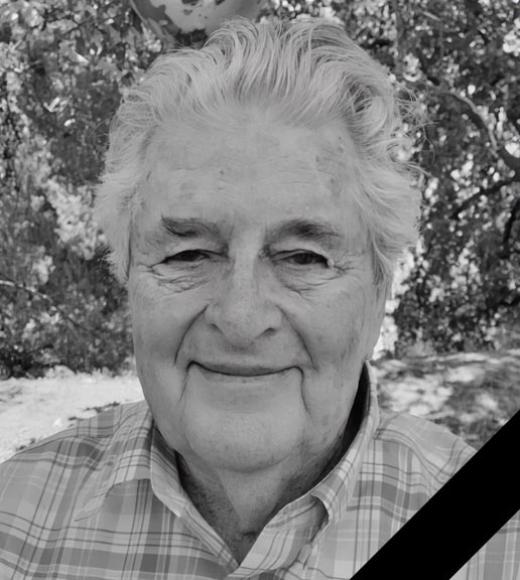
Position Title
In Memoriam
Professor Emeritus of Agronomy
1930-2022
IVAN W. BUDDENHAGEN
Birth: April 26, 1930, Ventura, California
Death: July 9, 2022, Davis, California
Education
- B.S., Botany, Oregon State University
- M.S., Plant Pathology, Oregon State University
- Ph.D., Plant Pathology, Plant Breeding and Genetics, Oregon State University (1957)
Employment
- United Fruit Company, Costa Rica and Honduras (1957-1963)
- University of Hawaii, Professor and Department Chair, Plant Pathology (1964-1974)
- East Pakistan Rice Research Institute (1971)
- International Rice Research Institute, Los Baños, Philippines (1972)
- All-India Coordinated Rice Improvement Project, Hyderabad, India (1972-1973)
- International Institute of Tropical Agriculture (IITA), Director, Cereal Improvement Program, Nigeria (1975-1980)
- UC Davis, Professor, Department of Agronomy and Range Science (later Plant Sciences), 1980-1994
Honors, Awards and Professional Societies
- King Baudouin International Agricultural Research Award (IITA, 1986)
- International consultant for multiple agricultural research initiatives
- Leader and mentor in international agricultural development programs
Research Contributions and Impact
Ivan Buddenhagen’s 60-year career advanced plant pathology, plant breeding, and global agricultural development. His early work for the United Fruit Company in Honduras led to the discovery of the origin and insect-based transmission biology of Moko bacterial wilt in bananas, laying the foundation for breeding disease-resistant bananas.
At the University of Hawaii, he developed a full virology facility, expanded research on banana diseases, and helped establish a modern plant sciences building. His later international work emphasized rice and maize diseases, notably his leadership in developing maize varieties resistant to Maize Streak Virus while at IITA. His approach of controlled infection pressure for durable resistance became a model for plant breeders worldwide.
At UC Davis, he revitalized the food legume program, leading to disease-resistant varieties of chickpeas, cowpeas, common beans, and lima beans. He also identified and addressed key disease threats to chickpeas in California.
His post-retirement work in Indonesia helped identify blood disease threats to bananas, and he introduced budless banana mutants to improve resistance for smallholder farmers. He also spearheaded efforts to produce true garlic seed, aiming to reduce virus transmission, and distributed new garlic germplasm to breeders worldwide.
Publications and Scholarly Leadership
- Key publications on disease resistance breeding strategies
- Contributions to international agricultural development and plant pathology research
- Mentor and advisor to generations of scientists in international agriculture
Teaching and Mentorship
At UC Davis, Buddenhagen developed and taught a graduate course in International Agricultural Development, mentoring students pursuing careers in global agricultural research. His experience across continents provided students with real-world insights into crop improvement under disease pressure and the importance of biodiversity conservation.
Collaboration and Community
Buddenhagen worked extensively with international research centers and national programs across Africa, Asia, and Latin America. His consultancies and mentorship influenced agricultural development efforts worldwide. Known for his scientific rigor, lateral thinking, and deep passion for applied plant sciences, he was admired by colleagues and students alike.
Beyond his scientific work, he was a dedicated gardener, farmer, traveler, sailor, photographer, hiker, camper, and advocate for plant conservation.
Legacy
Ivan W. Buddenhagen is remembered as a pioneer in international plant pathology and crop improvement. His research contributions continue to have a significant impact on food security worldwide, and his mentorship has shaped the careers of numerous agricultural scientists. His later efforts in garlic virus control and banana conservation leave an enduring scientific and humanitarian legacy.
